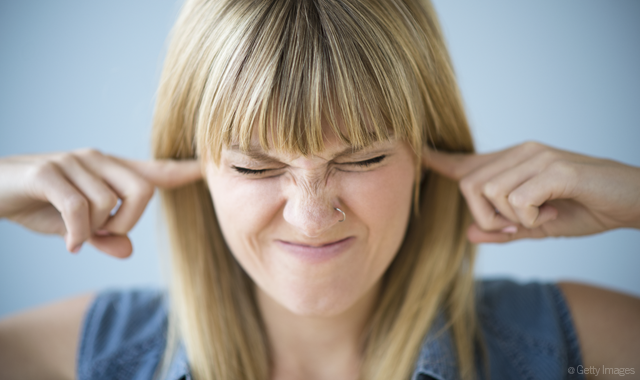4 things dental hygienists don’t like to hear
Going to a dental appointment is probably not what most consider fun; however, it is necessary for overall health.

Going to a dental appointment is probably not what most consider fun; however, it is necessary for overall health.
As dental hygienists, we want our time with our patients to go as smoothly as possible. However, there are a few things patients say that don’t get the appointment off to a great start.
More from Kara RDH: 5 of the most interesting questions dental hygienists ask Kara RDH
1. I hate the dentist. I hate having my teeth cleaned. I hate seeing you.
Hate is a very strong word that is best not directed toward another human being. There are many things in life I don’t like to do but must to be a functioning adult in society. I don’t particularly like to go grocery shopping, but I don’t tell the person at the register bagging my groceries how much I hate them. If patients have a true dental anxiety, they should let their hygienist know. As hygienists, we are trained to address the issue and make patients as comfortable as possible. Simply saying you hate us isn’t going to help the appointment go any smoother. Hate should be saved for world hunger and cancer.
2. I’m here for my torture session.
Many patients say this to be funny or because they are scared. However, one does not become a dental hygienist to torture people. Insinuating such can sometimes be taken the wrong way. Hurting a patient is actually the last thing a hygienist wants to do. I get it, though. Many times, a patient will feel some amount of tenderness or pain because of infection or recession, for instance. This is why open communication between clinician and patient is so important. When patients describe in detail what they feel, rather than wincing and flinching the entire appointment, hygienists are able to identify the source of the discomfort and help find a solution.
3. But Dr. Oz said …
Please don’t argue with recommended treatment suggested by a dental professional because Dr. Oz said to. Just because Dr. Oz said something related to dentistry doesn’t mean it’s necessarily accurate. No offense to Dr. Oz, but he is a cardiac surgeon not trained in dentistry and should probably stick to giving advice on the topics within his scope of practice. On the other hand, inquiring about something Dr. Oz said or even something found online should be welcomed and encouraged. The point here is to pay attention to who is giving dental advice and where the information is coming from. If it’s not coming from a dental professional or dental researcher, it shouldn’t be so quickly called fact.
4. You actually needed to go to college to clean teeth?!
Dental hygienists use very sharp instruments and stir up bacteria in your mouth; you better bet we are college-educated! Dental hygienists must complete a variety of college prerequisites, including pharmacology, anatomy, physiology, biology, microbiology, medical terminology and many more classes before even applying to hygiene school. Then, we must complete another two to three years in hygiene school and pass multiple board exams to become licensed health care professionals. Dental hygienists are highly trained preventive specialists. We do much more than just "clean teeth," such as spot symptoms of certain diseases in the mouth before the body ever shows them. While it’s wonderful when patients inquire about the education of a dental hygienist, there is simply a tactful and nonoffensive way to go about it.
ACTIVA BioACTIVE Bulk Flow Marks Pulpdent’s First Major Product Release in 4 Years
December 12th 2024Next-generation bulk-fill dental restorative raises the standard of care for bulk-fill procedures by providing natural remineralization support, while also overcoming current bulk-fill limitations.